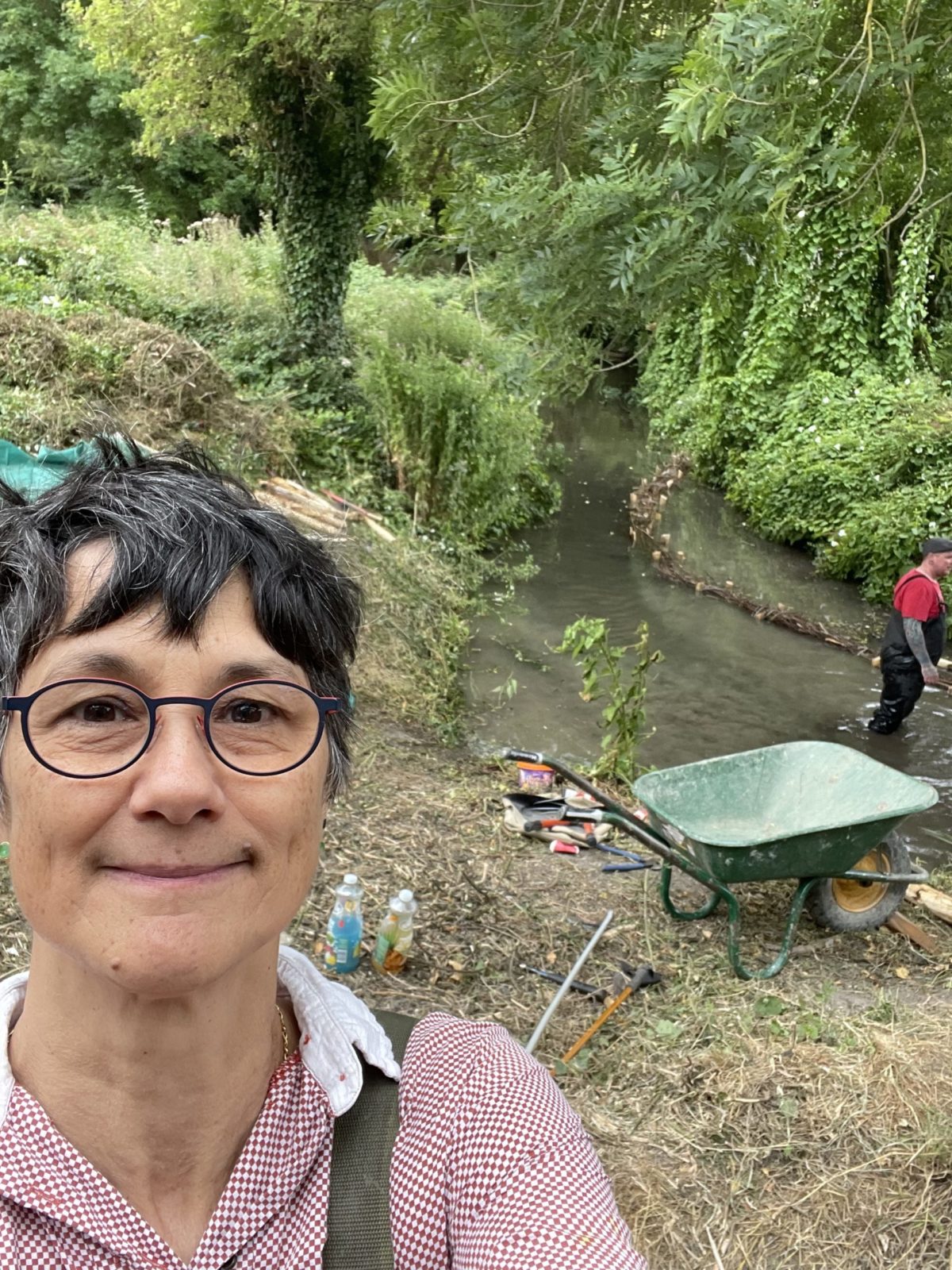Cambridge Labour Party Cambridge Labour Party

Leader’s Column for the Cambridge Independent, Weds 26th July, taken over by Cllr Katie Thornburrow – Executive Councillor for Planning and Infrastructure:
Earlier this month we heard that Michael Gove, Minister for Levelling Up, Housing and Communities, was proposing to build a quarter of a million new homes in Cambridge. Now we have learned that the government plans to send a planning ‘super squad’ here to speed up housing developments and ensure that annoying irritations like ‘eco rules’ don’t get in the way.
The Minister claims this will help ‘fix England’s housing crisis’, one which has left over one million families waiting for social housing in England, yet all we have seen so far are some press briefings, rehashed old policies, and a detail-free plan to expand Cambridge. Local Conservative MP Anthony Browne has already spoken out against the proposals.
But let us suppose that Gove is serious, and that the government pushes ahead. What would it take to deliver such a plan, assuming we wanted it?
It would clearly involve changing lots of existing legislation and regulation such as the rules around protection for the Green Belt in the National Planning Policy Framework, as well as finding ways to limit the powers of local planning authorities to place conditions on new developments.
Unfortunately, changing planning laws doesn’t change the reality on the ground – or in our water aquifers or sewage plants. Our existing infrastructure is already inadequate for our current uses, and repealing a regulation will not alter the fact that we already use more water than we receive in the region.
Even though this water crisis is being taken more seriously, the plans for reduced use and new sources of water will only deliver improvements towards the end of the 2030s, and with the additional strain of climate change this is simply not enough.
We do have options. When building new homes and developments, we could adopt new technologies to help us collect, filter and re-use rain and grey water. Additionally, just as we’re making our homes more energy efficient, we need to ensure our existing homes and businesses can be more water efficient. At the moment, we flush our toilets and water our gardens with drinking grade water. We need compulsory water metering along with a new pricing regime, with support for low income households. We need to meet current water use limits and start to reduce usage everywhere.
And that’s just water. We also need renewable electricity, effective communications and accessible, affordable, sustainable transport as well, all before the new homes and places for jobs. We are close to maximum road capacity at peak hours. There are serious concerns over being able to provide enough electricity for planned development. Our broadband infrastructure has serious gaps.
If the government really wants Cambridge to be ‘supercharged’, it cannot be done without ‘superplanning’. That doesn’t mean just making it easy for developers to build, it means making sure we can support what gets built. And it doesn’t mean sending in external consultants who do not understand our city and region.
Like any local councillor, I’d welcome a carefully considered plan to invest in infrastructure and the construction capacity, one we could incorporate in our local plan and deliver with democratic oversight. High tech jobs matter, but so do those in our hospitals, schools, transport, light manufacturing and our visitor economy.
We want our city to have fantastic new homes and buildings for new jobs, and this is a conversation we look forward to having. However, it needs to include conversations about the necessary infrastructure needed to support place making, and rapid measures to deal with the very real issues we face around water, transport and energy.
